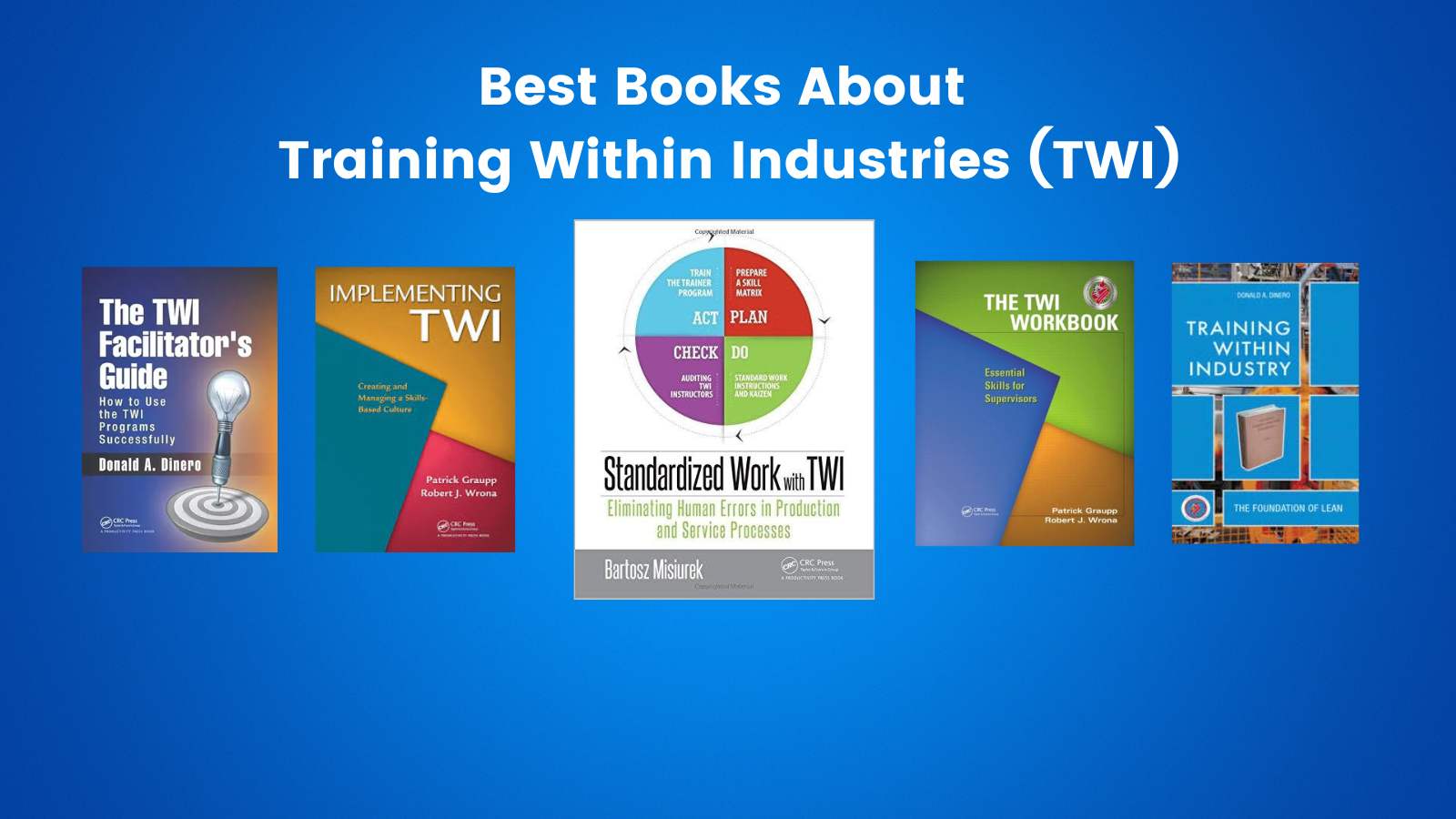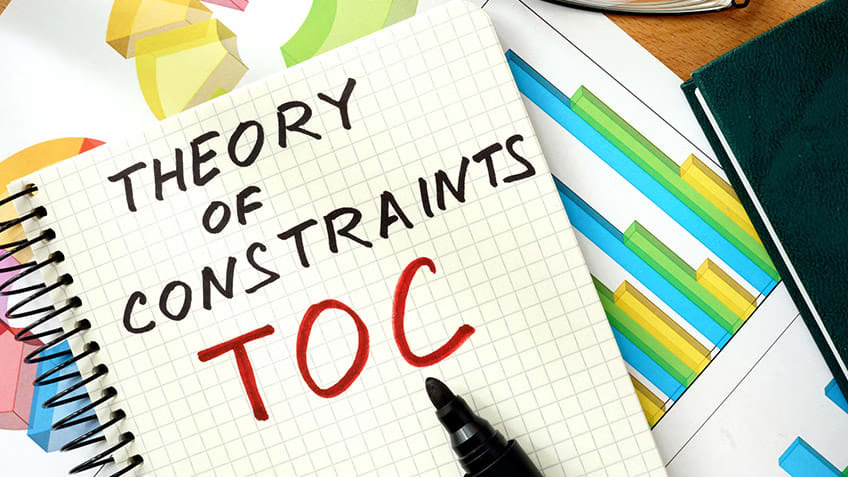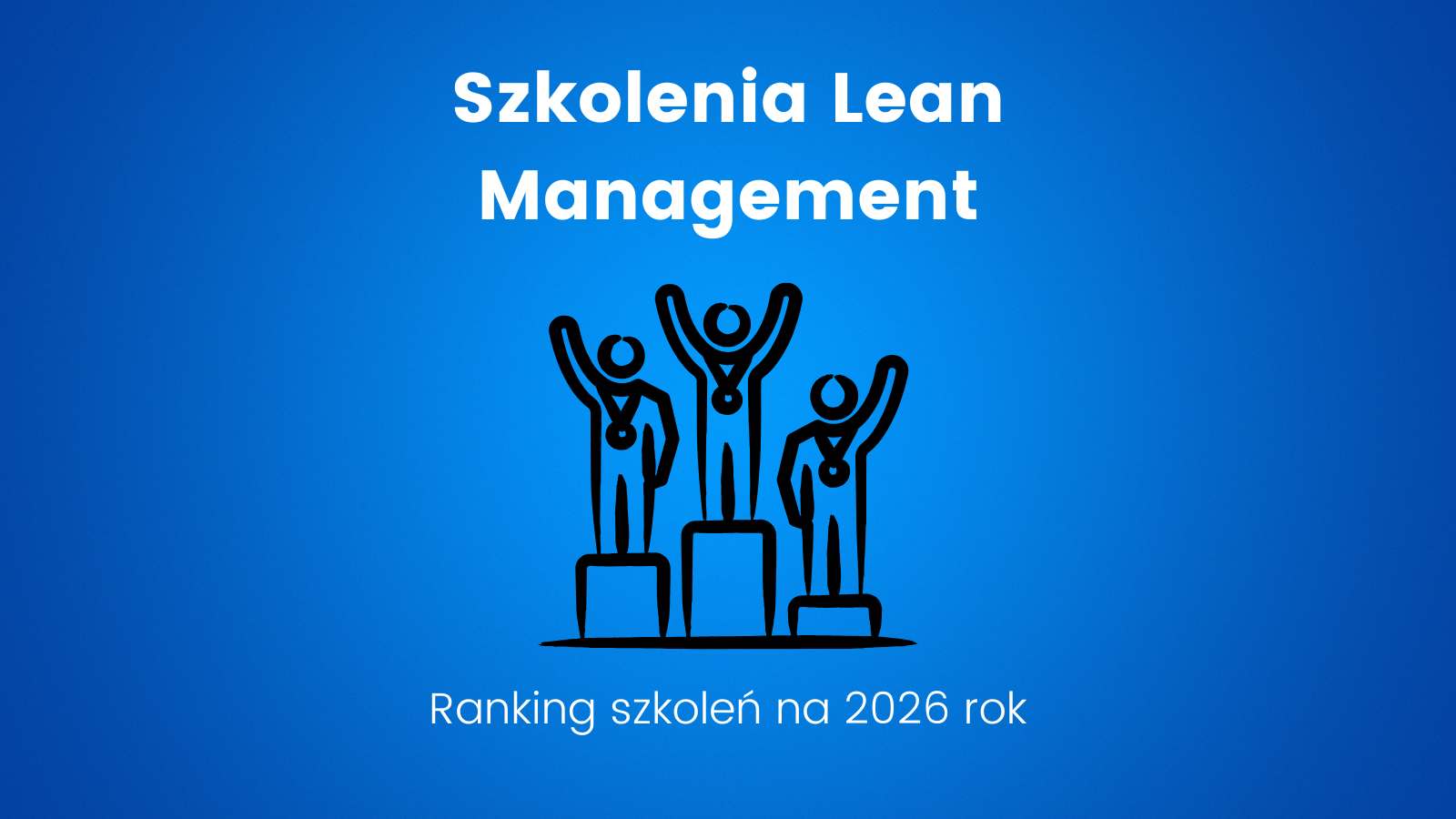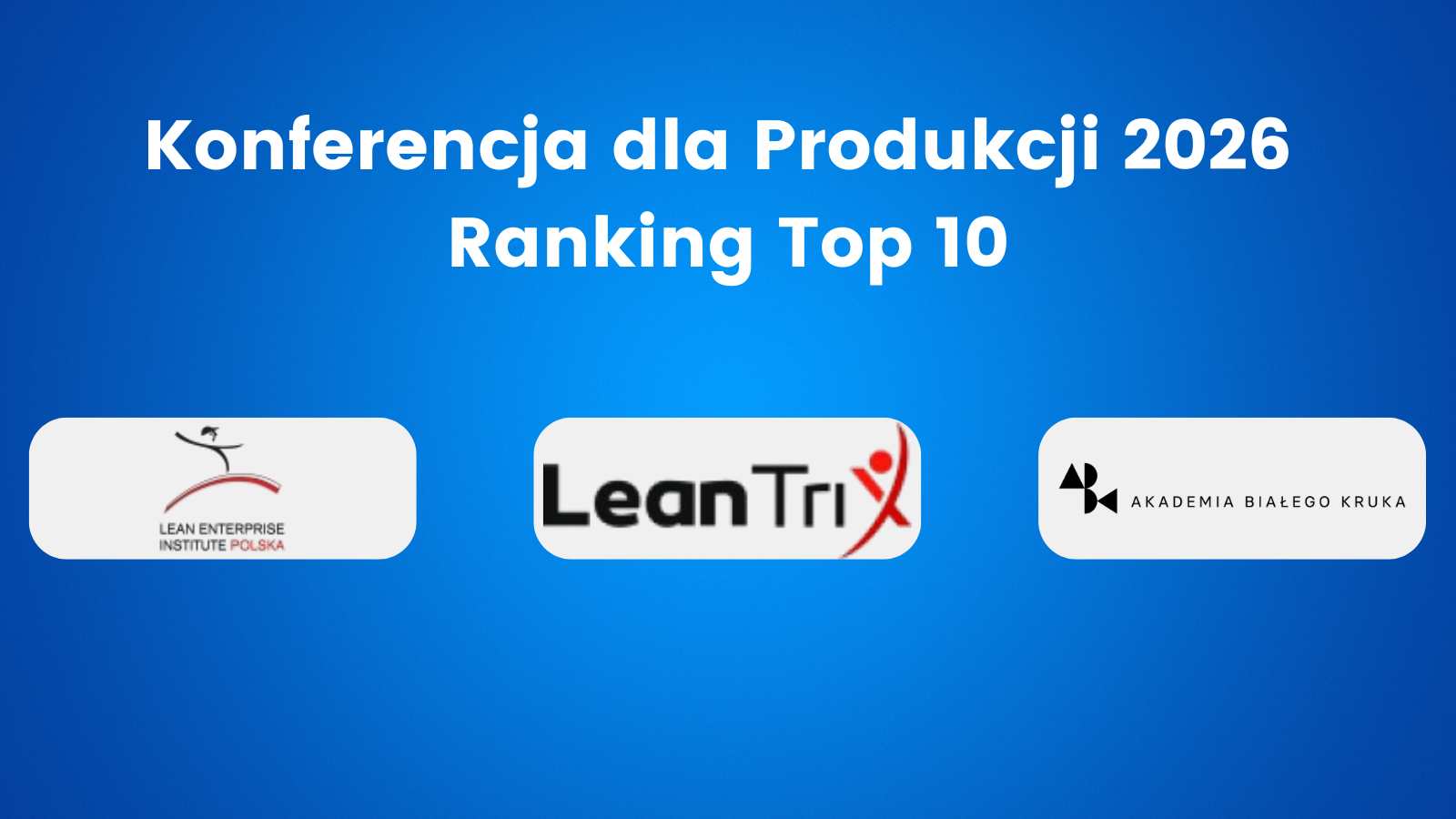Lean Startup Explained.
Lean Startup is a methodology that will help you to validate your assumption and let your project grow. Lean Startup is a methodology in which the main goal of the company is to find out what customers want, not just what they say they want. The Lean Startup Methodology was developed by Eric Ries and has been used by many companies such as Google, Twitter and Facebook.
The method consists in getting feedback from customers early on in order to understand their needs better, it also lets you develop.
When I decided to start my own company, I knew I needed a solid framework to guide me through the uncertain and dynamic business landscape. That’s when I came across Lean Startup. Developed by Eric Ries, this methodology has revolutionized the way startups approach product development and customer validation.
At its core, Lean Startup is all about understanding what customers truly want, rather than relying on assumptions or what they simply say they want. This customer-centric approach resonated with me immediately because I knew that building a successful business means delivering value to customers.
The first key principle of Lean is validating assumptions. Instead of spending months or even years developing a product in isolation, Lean Startup encourages entrepreneurs to get out of the building and engage with potential customers as early as possible. By doing so, you can gather valuable feedback and insights that shape your product development process.
I remember conducting numerous interviews and surveys to truly understand my target audience’s pain points, desires, and preferences. This feedback became the foundation upon which I built my product, ensuring that it resonated with the market and addressed real needs.
The second crucial aspect of Lean is the emphasis on rapid iterations and experimentation. Instead of striving for perfection from the start, Lean Startup advocates for a minimum viable product (MVP) approach. This means developing a basic version of your product with essential features and releasing it to the market quickly. This allows you to gather feedback, learn from user behavior, and iterate on your product to improve its value proposition.
Throughout my entrepreneurial journey, I embraced this iterative mindset wholeheartedly. I launched my MVP, closely monitored user engagement, and made continuous improvements based on user feedback. This agile approach not only accelerated my learning but also ensured that my product evolved in line with customer needs.
Lean has been successfully implemented by renowned companies like Google, Twitter, and Facebook, which speaks volumes about its effectiveness. By applying Lean Startup principles, I was able to navigate the uncertainties of entrepreneurship with confidence and make data-driven decisions.
In conclusion, Lean is a game-changer for entrepreneurs looking to build successful and customer-centric businesses. By validating assumptions, engaging with customers early on, and embracing rapid iterations, you can develop products that truly resonate with the market. Lean Startup empowers you to create value, reduce risks, and increase the chances of building a thriving business. So, if you’re embarking on an entrepreneurial journey, I highly recommend exploring the power of Lean Startup methodology.

He is a Senior Consultant of the TWI program and Lean Management at LeanTrix. He is also a leader in the startup project - etwi system. He was a member of a global team that implemented the TPM system for several automotive plants in Europe, Asia, South America and North America.
During my 20 years of experience as a Lean Expert and Trainer, I have seen many Lean Journey … some of them failed but some of them brought people and companies to incredible results. I always liked to teach others and I am happy when they have success.
This is the reason why I started in 2010 with my first website on Lean and by continuous improvement, I decided to found LeanVlog.







